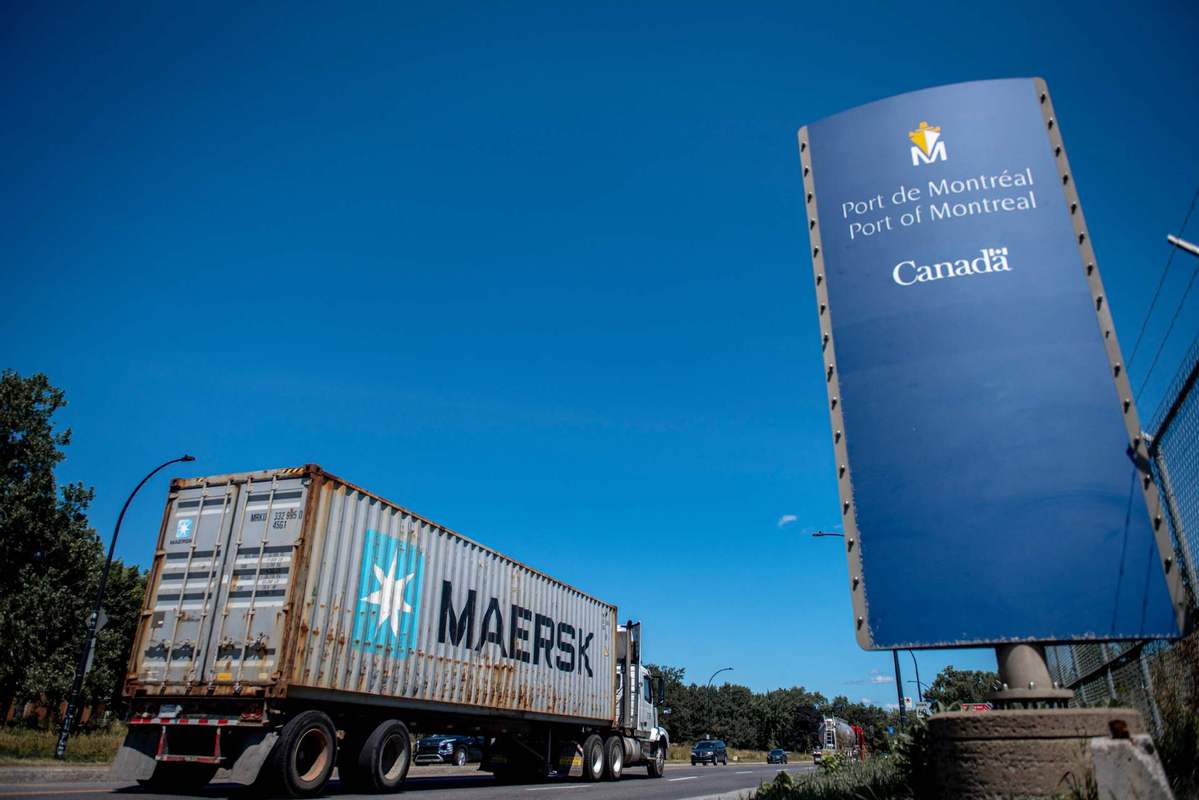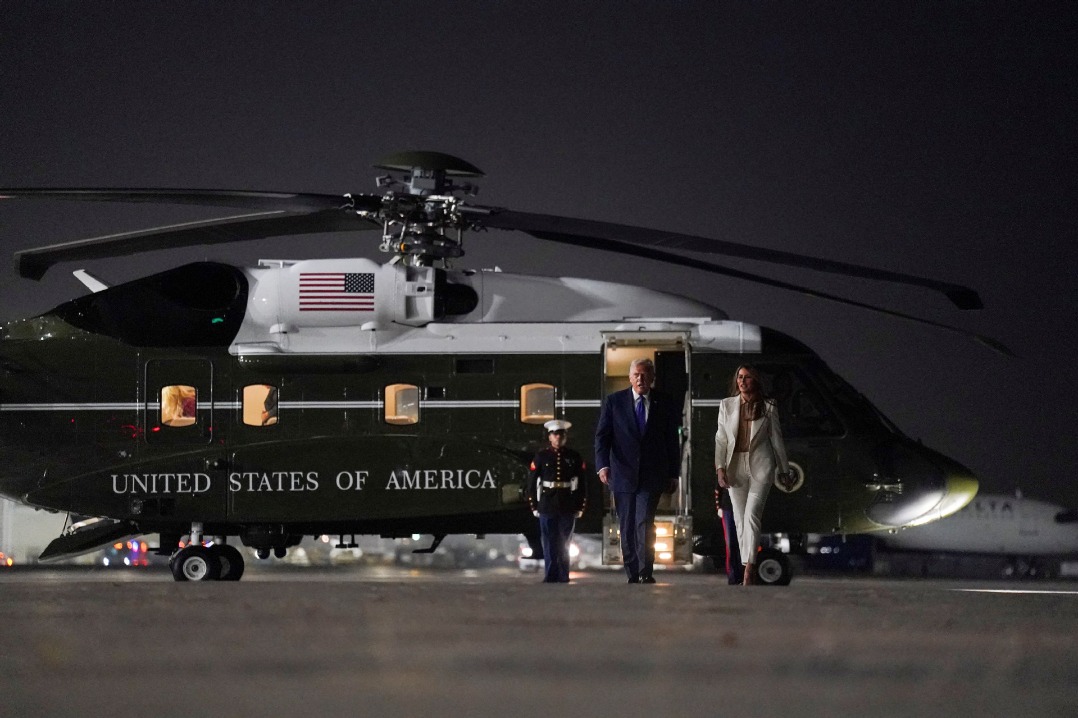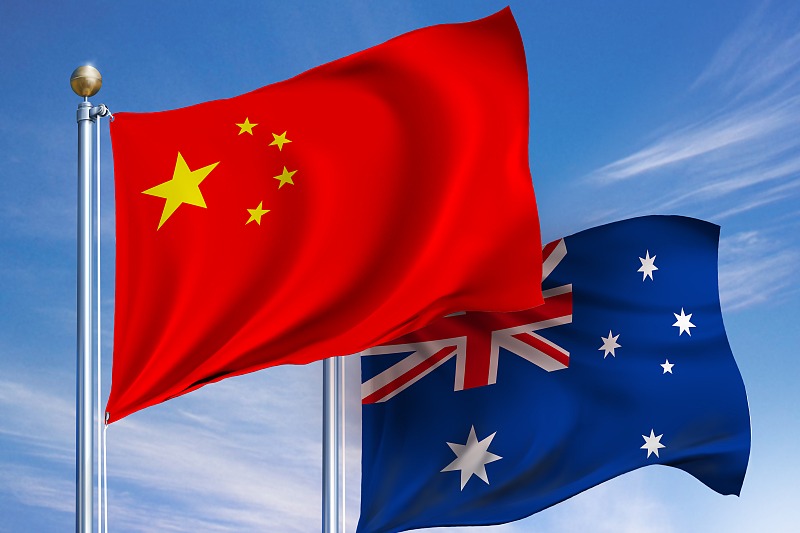Canada seeks Mexico alliance as US prepares for CUSMA review


Canada is seeking stronger ties with Mexico as the United States prepares a review of the Canada?United States?Mexico Agreement, aiming to safeguard its interests amid growing uncertainty in US-Canada relations.
The US decision to review CUSMA sets the stage for a challenging year ahead for Canada, said Ronald Stagg, a history professor at Toronto Metropolitan University specializing in Canada-US relations.
"Any review will be interpreted in the manner that the American government wants, especially if questions are biased," Stagg told China Daily.
Canada, the US and Mexico are required to hold a joint review on July 1, after a round of public consultations intended to help shape an assessment of CUSMA.
US President Donald Trump's tariffs remain in place for Canada, including a 50 percent tax on steel and aluminum imports.
Stagg said the lack of progress in recent bilateral trade talks between the US and Canada reflects a strategic pause by Washington.
"I suspect that the American government is in no hurry to negotiate, especially since CUSMA is up for review next year," he said. "It is Canada that is anxious to get some issues settled before the review — steel, aluminum, etcetera."
On Wednesday (Sept 17), the Financial Accountability Office of Ontario released its latest economic and budget outlook, projecting that Canada's economy will slow this year and next, with the sharpest slowdown expected in Ontario.
Trade uncertainty could weigh on investment decisions, Stagg said, even if US investment in Canada remains stable for now. "Large companies like certainty, and may hold back until CUSMA is settled," he said.
He noted that supply chains could face particular stress.
"Supply chains are threatened if an American company imports from China and then sends (the products) to a Canadian subsidiary to be sold," he said.
Stagg said he is certain Trump, who has repeatedly called for a "drastic renegotiation" of the pact, is looking forward to the 2026 talks.
"It is supposed to be just a review to fine-tune the agreement, but Trump sees it as a renegotiation. He wants the agreement to clearly favor the United States, as he does with any agreement.
"Both Canada and Mexico will be threatened in the negotiations," he said.
Canada has sought to broaden its alliances. Canadian Prime Minister Mark Carney arrived in Mexico City on Thursday (Sept 18) and signed a comprehensive strategic partnership agreement with Mexican President Claudia Sheinbaum.
"Canada and Mexico are entering a new era of co-operation," Carney said in a statement. "We are elevating our partnerships in trade, investment, energy and security."
Stagg said the move was "about leverage, but the agreement with Mexico is not just about leverage. Both countries are looking for ways to diversify trade."
Canada's newly signed strategic partnership pact with Mexico could mark a rare moment of alignment between the two smaller partners in North America, said Julián Castro-Rea, a political science professor at the University of Alberta.
Castro-Rea said the latest agreement could signal a shift toward more genuine cooperation. "The government-to-government political, strategic partnership is yet to be established, firmly based on mutual trust," he said.
The deal comes as the US has launched public consultations for the CUSMA review, which could reopen key provisions of the trade pact next year.
Castro-Rea said, "both Canada and Mexico want to strengthen their respective negotiation positions against the unpredictable, protectionist current government of the USA."
He added that Mexico's growing weight in North American supply chains could give Ottawa extra incentive to work with Mexico, and said Mexico has become the main supplier of manufacturing goods to the United States.
"Canada wishes to benefit from the nearshoring trend, but sees its opportunities limited by higher production costs, including labor, more cumbersome regulations, less skilled workforce, etcetera.
"As long as Mexico stays its economic course its importance within the North America triangle will increase," he said.
Looking ahead to next year's renegotiation, Castro-Rea said a second Trump administration would likely push hard for new concessions.
"Certainly, the Trump government will want to create a new treaty more favorable to specific US interests.
Both Canada and Mexico should identify those strengths and figure out ways in which their economies may cater to them … especially in more closely integrated industries, like automobile production," he said.
He said Ottawa and Mexico will also need to prepare for difficult compromises.
"They must be ready to give Donald Trump symbolic gains, while at the same time protecting their right to make decisions in their strategic sectors," Castro-Rea said. "It is going to be a difficult balancing act."

































